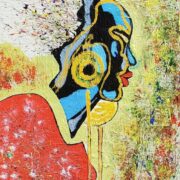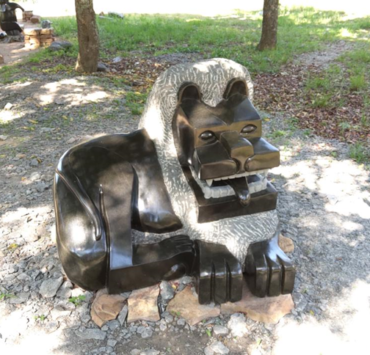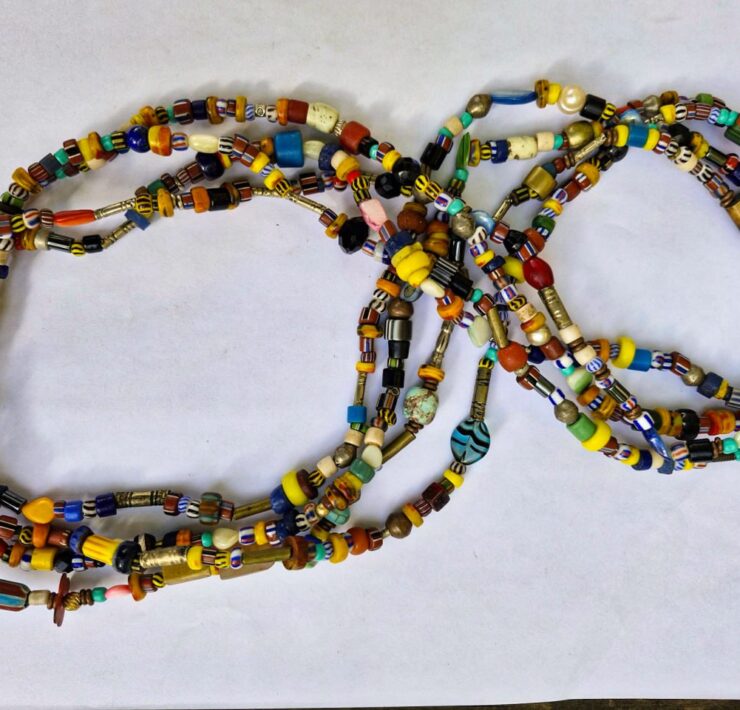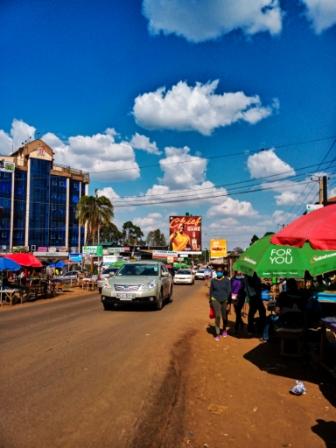
John Wills Njoroge is a psychotherapist and social diagnostician who…
Hope you had a happy and prosperous International Worker’s Day Great people. This sacred Day is famous globally and every year celebrated on the 1st of May to recognize the countless contributions in skill, knowledge, wisdom, and understanding workers have made to our society’s strength, social and economic prosperity, and humanity’s well-being. It is a day sanctified to nurture work consciousness about the rights and opportunities every worker should get for their welfare and betterment.
We all have a strong desire to have an accurate reason why we rise to go to work and this should be our True North that guides and drives all our actions at work. This helps us understand that good remuneration is an appreciation of work, and mentoring is equipping the minds to create understanding and get people involved in a mission. How do we get our society unstuck and have more people involved? We need to understand that, we get stuck because our philosophy about work is the missing link. If we develop a well-defined philosophy that gives our engagements clarity, guiding principles, and boundaries, this approach will minimize abuse at work.
A personal and organizational philosophy is nothing but our core and lifelong commitment to aim to move beyond selfish ambition while driving in the direction of human dignity. This creates an atmosphere of appreciation and promotions are anchored on merit, respect, and trust. A society that fails to value community, connection, and our inherent need to belong, to care for one another, and to feel caring energy flowing toward humanity is a society facing away from the essence of what it means to be human.
The workplace can play a huge role in your overall health and welfare both psychological and physiological. In order of priority, your work should be aligned to dignify your life and contribute to the dignity of humanity, and economic benefits. Work is underestimated but we need to embrace that it can create life meaning, self-operational structure, and institute a purpose for your life. Work provides us with a sense of identity, and human connection and in healthy environments cultivates worker’s self-esteem consistently.
However, functioning in a harmful environment has affected human connection, and propelled mental illness which is the opposite effect and takes a substantial toll on worker’s health. Some of the factors emphasized as major contributors to mental illness include long working hours without a break, gaslighting, understaffing, rehearsed stressful patterns, a lack of boundaries, a lack of social support, and harassment in the workplace. These and others are the leading factors that raise stress levels and contribute to mental health problems such as anxiety, depression, and substance abuse. When we start to lose a sense of meaning at work and get disconnected, that’s where disease comes from, that’s where the breakdown in our health mental, physical, and social health occurs. As a leader, develop your philosophy, for an organization articulate one for your work, and prioritize dignity for humanity. During a session with a group of young leaders, we reminded ourselves that respect for humanity is not slavery but an honor to self. Let us aim at dignity for humanity and work because as human beings, we were created to work and grow through human connection.
Subscribe now for updates from Msingi Afrika Magazine!
Receive notifications about new issues, products and offers.
What's Your Reaction?
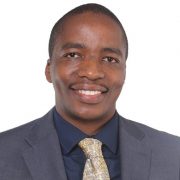 PIN IT
PIN ITJohn Wills Njoroge is a psychotherapist and social diagnostician who assists individuals and teams clarify their purpose in life and create a philosophy of their existence and work. He is co-founder of Lead Global Impact, an organization that builds the leadership capacity of primary and high school children and youth in Kenya. He is the author of ‘Father to Son’, a manual designed for fathers to better understand their sons and relate more effectively with them, and ‘Brave Hearts Leadership Program’ a manual that has been used widely to train boys as responsible leaders. Among many other leadership roles, he is consulted and contributes to shaping narratives on youth matters and social justice in Kenya’s mainstream media.









